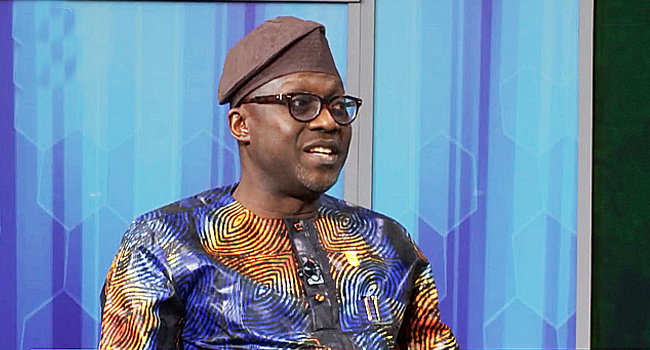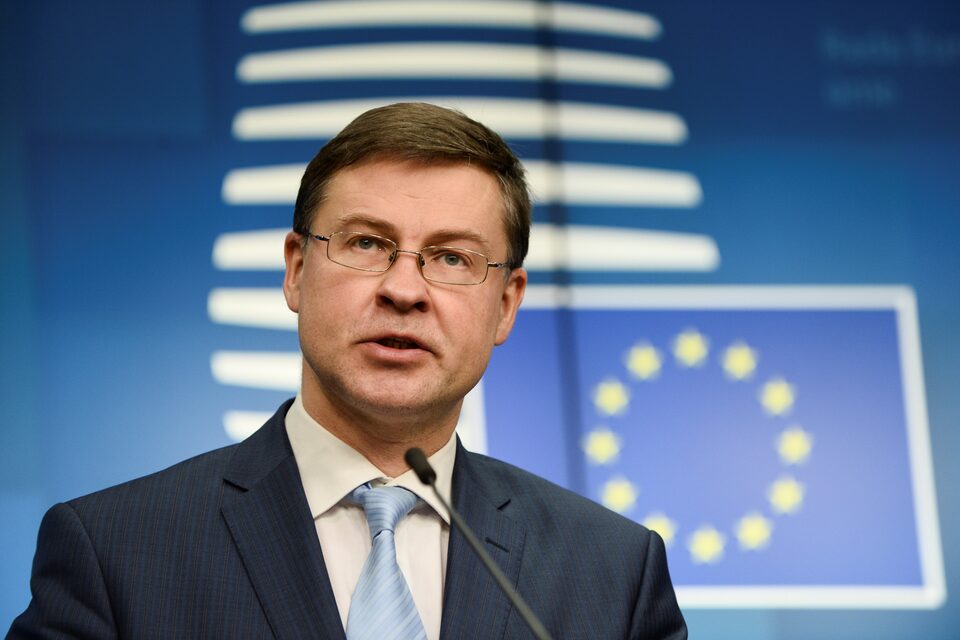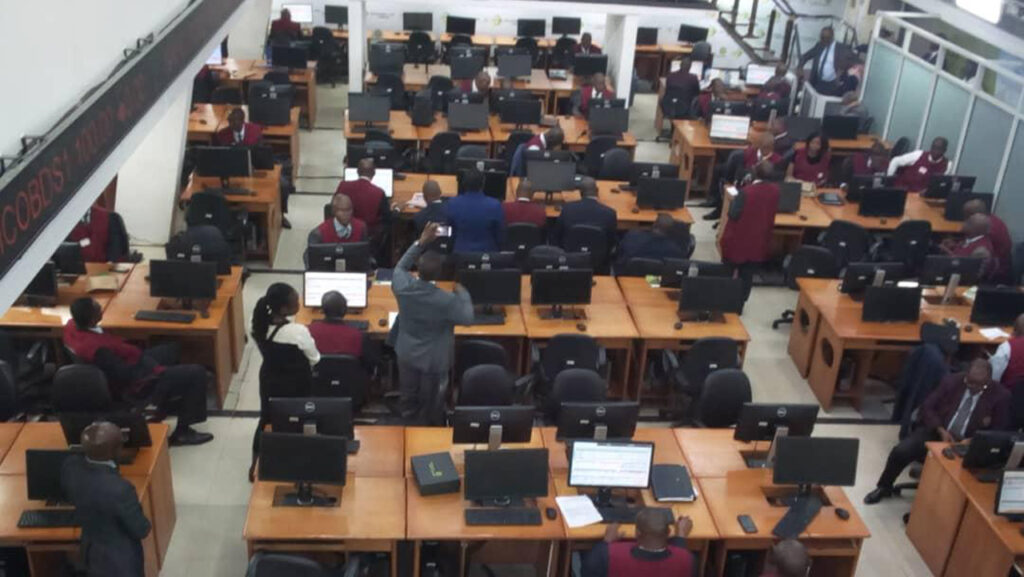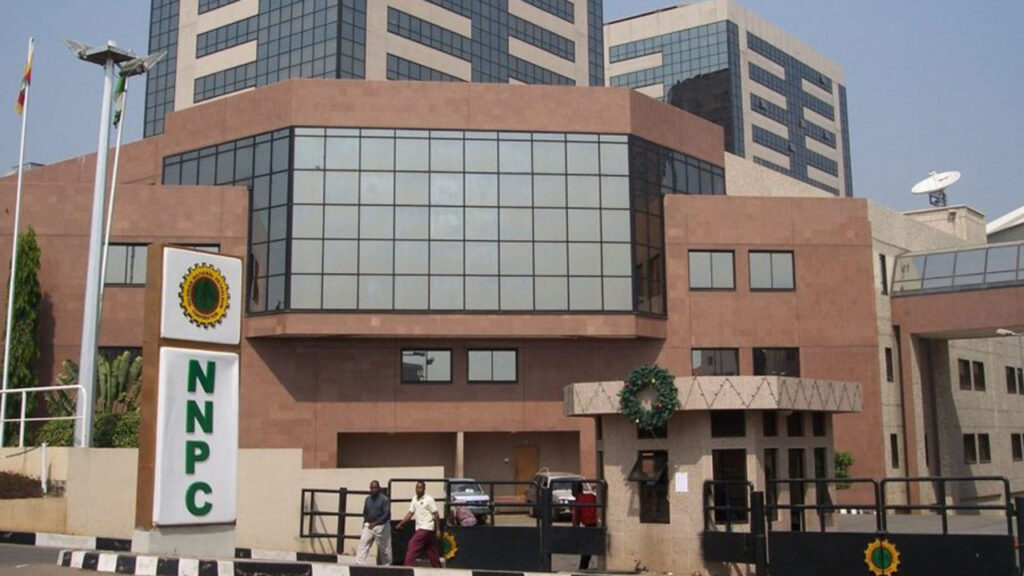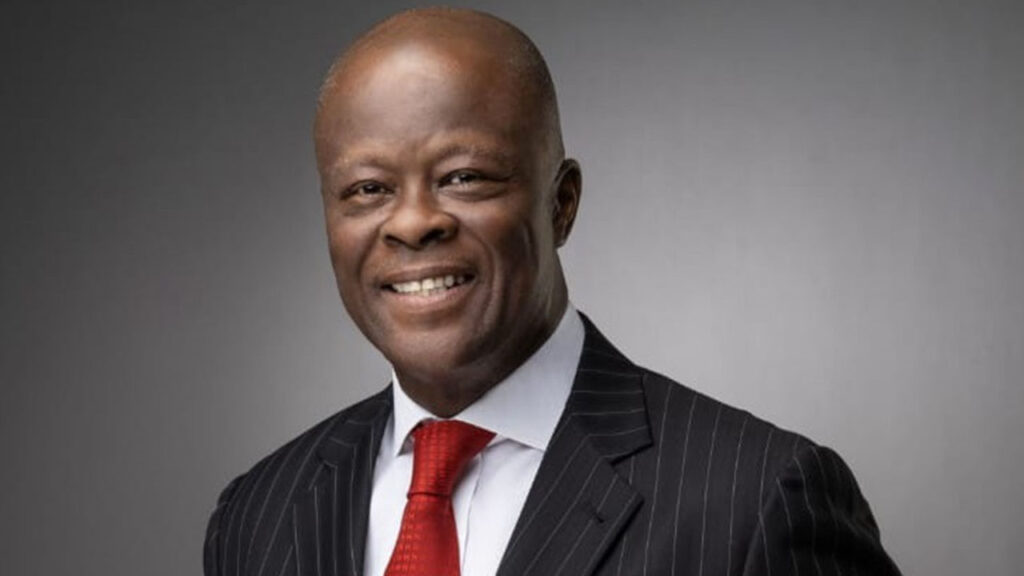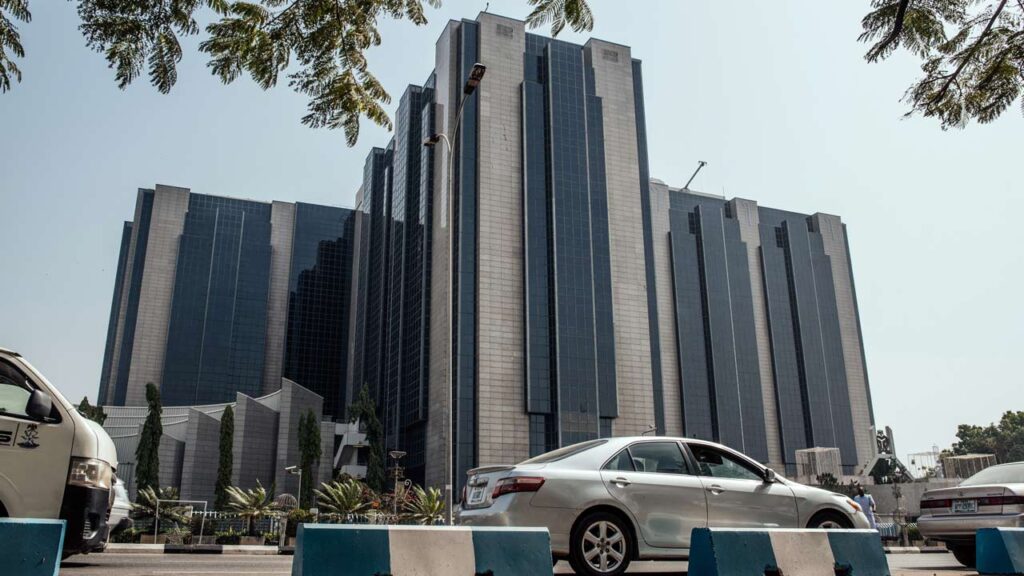
Local manufacturers have again pleaded with the federal government for equitable power pricing to sustain manufacturing operations in Nigeria.
Making this call at the yearly general meeting of the Food Beverage and Tobacco subsector, themed, ‘Cultivating Value: Employing Quality, Standards and Innovation in Strengthening Food, Beverage and Tobacco Manufacturing’ held recently in Lagos, they said power accounts for at least 40 per cent of their production costs and the current situation is unbearable and unsustainable.
“Power is between 26 to 40 percent of our cost of work, depending on how power-intensive the manufacturing process is,” said the Director-General of the Manufacturers Association of Nigeria (MAN), Segun Ajayi-Kadir.
“We need power but we cannot pay for it and die off, we need it at a fair price,” he said.
Highlighting MAN’s efforts to foster a conducive economic environment for the manufacturing sector’s growth and profitability, he added, “The production value of the sector increased and despite the growth, local raw material sourcing declined from 70 per cent in the second half of 2022 to 66.8 percent in the same period in 2023,” he said.
He acknowledged the resilience of the Food, Beverage and Tobacco subsector in the face of macroeconomic and infrastructure challenges, particularly the rising electricity tariffs. “The performance we are seeing is a demonstration of resilience in the face of daunting macroeconomic and infrastructure inadequacies,” he said.
He also shared the frustration and frequent complaints from industry players about rising energy costs and urged stakeholders to remain resilient and adapt their processes for greater efficiency.
Also, Head of the Corporate Affairs and Sustainability at Rite Foods, Ekuma Eze, emphasised the subsector’s importance. “The food and beverage industry contributed 34 per cent to the entire manufacturing sector as of 2022 and about five percent to Nigeria’s GDP. The sector has immense potential for growth due to our large population. Three sectors make up about 78 per cent of the entire manufacturing sector, with food and beverage being the largest. Yet, our manufacturing sector remains far from competitive on a global scale,” he said.
Eze pointed out several obstacles hindering the sector’s growth, including poor infrastructure, high inflation, high energy costs, forex liquidity, unpredictable regulations, insecurity and high tax burdens. “This sector’s tax contribution as a percentage of gross profit has hovered around 35 to 41 per cent in the last four years, severely affecting profitability.”
However, he advocated for strategic government intervention to enhance their competitiveness, particularly in the context of the African Continental Free Trade Area (AfCFTA). He further recommended policies to streamline customs procedures, harmonise regulations, invest in critical infrastructure and provide targeted financing options for manufacturers. “Manufacturing should be a key driver of economic growth, creating jobs, generating income, and contributing to the GDP. Our policies must encourage manufacturing to ensure economic progress,” he said.
Stressing the need for holistic thinking in economic policy-making, he said, “Recent CBN policies have seen interest rates skyrocket, making it impossible for manufacturers to borrow money and progress. We need policies that encourage manufacturing, as it creates employment, generates taxes and drives economic growth.”
Similarly, Deputy Director at NAFDAC and Chairperson of the Nigerian Institute of Food Science and Technology (NIFST), Lagos chapter, Aina Olugbenga Steven, described the Nigerian business environment as VUCA – Volatile, Uncertain, Complicated and Ambiguous.
“Thriving in this environment means dealing with challenges such as electricity and foreign exchange.”
He emphasised the importance of maintaining value, high standards and innovation in manufacturing.

